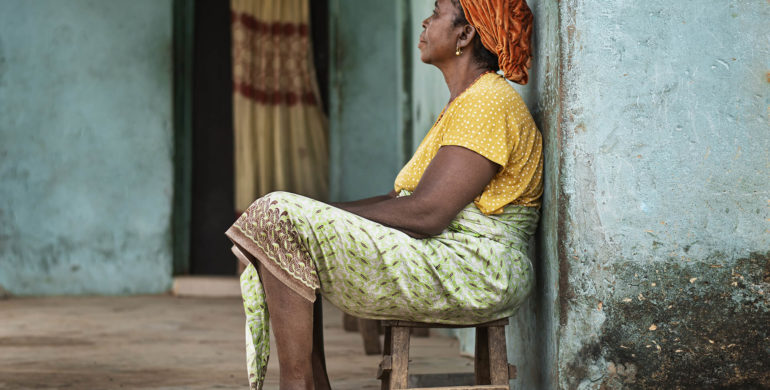Introduction
Financial inclusion is central to Africa’s social and economic transformation. Yet, millions of rural households and smallholder farmers remain excluded from formal financial systems. Barriers such as limited collateral, high transaction costs, and inadequate infrastructure hinder access to essential services like credit, savings, and insurance. Partnerships—between governments, financial institutions, development partners, and the private sector—are proving to be powerful enablers in bridging this gap. Collaborative efforts not only expand financial access but also deliver sustainable solutions that support rural development and agricultural growth.
1. Why Partnerships Matter in Rural Finance
No single actor can address the complexity of rural financial inclusion alone. Banks may have capital but lack the infrastructure to reach remote communities. NGOs may have local knowledge but lack the financial capacity to scale solutions. Technology providers may offer tools but require financial partners to deploy them effectively.
By working together, stakeholders can pool resources, share risks, and create holistic solutions that address both supply and demand for rural financial services.
2. Public–Private Partnerships Expanding Access
Governments across Africa are increasingly creating enabling environments for rural finance through supportive regulations, guarantee funds, and rural development programs. When paired with private financial institutions, these efforts catalyze large-scale financial inclusion. For example, risk-sharing facilities allow banks to extend credit to smallholder farmers without bearing the full risk of default. Similarly, public investment in rural infrastructure—such as digital payment systems—opens the way for private-sector innovation.
3. Leveraging Technology Through Collaboration
Digital technology is revolutionizing rural finance. Partnerships between fintech companies and traditional financial institutions are enabling the rollout of mobile banking, digital credit scoring, and blockchain-based solutions in rural areas. These collaborations reduce transaction costs, increase transparency, and create tailored financial products that meet the needs of rural populations. Importantly, they also enhance the financial literacy and digital skills of farmers, ensuring long-term adoption.
4. The Role of Regional and International Networks
Regional organizations such as AFRACA play a vital role in fostering dialogue, sharing best practices, and building partnerships across borders. By connecting financial institutions, policymakers, and development agencies, AFRACA provides a collaborative platform for scaling successful models of rural finance. International partners, including multilateral banks and donor agencies, also bring valuable technical assistance, concessional funding, and expertise that strengthen local initiatives.
5. Building Inclusive and Sustainable Systems
At the heart of financial inclusion is the need to empower marginalized groups—particularly women and youth—who face the greatest barriers to accessing finance. Partnerships that integrate gender-responsive and youth-focused financial products can unlock new markets while advancing social equity. Sustainable partnerships must therefore go beyond financial access to also address capacity building, financial literacy, and long-term resilience.
Conclusion
Partnerships are not just supportive—they are transformative. By bringing together diverse actors with complementary strengths, Africa can accelerate financial inclusion in rural communities, unlock agricultural potential, and drive inclusive growth. As a continental platform, AFRACA continues to champion partnerships that bridge gaps, share knowledge, and create innovative solutions to achieve financial inclusion for all.


